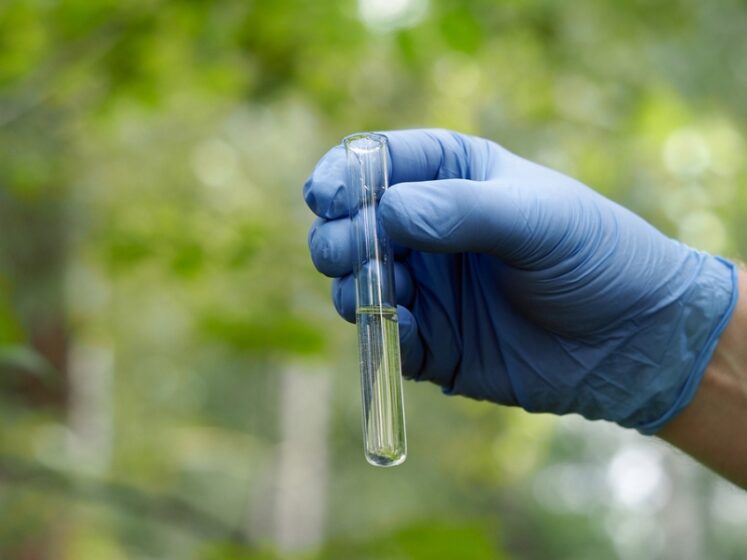June 6, 2017

Why Water Testing is Essential for a Healthy Landscape
Water is the lifeblood of your garden, but not all water is created equal. The quality of your irrigation and drinking water can significantly impact soil health, plant growth, and even human well-being. Regular water testing ensures that your plants receive the right nutrients without harmful contaminants, promoting a thriving and sustainable landscape.
What Does Water Testing Reveal?
1. pH Levels and Hardness
Water pH affects nutrient absorption in plants. Too acidic or too alkaline water can hinder plant health, leading to deficiencies and poor growth. Hard water, rich in minerals like calcium and magnesium, can also cause irrigation system buildup.
2. Contaminant Screening
Testing detects harmful substances such as heavy metals, pesticides, bacteria, and nitrates. Contaminated water can lead to soil degradation, plant stress, and even health risks for humans and animals.
3. Salinity and Sodium Levels
Excess salts in irrigation water can damage soil structure, reducing its ability to retain moisture and nutrients. This is especially crucial in drought-prone regions where water quality varies seasonally.
4. Nutrient Content
Essential elements like nitrogen, phosphorus, and potassium may already be present in your water supply. Understanding these levels helps you adjust your fertilization strategy, preventing overuse and nutrient runoff.
Why Test Your Water?
- Healthier Plants & Soil – Avoid toxic buildup and nutrient imbalances.
- Efficient Irrigation – Reduce blockages and improve system longevity.
- Sustainable Growth – Make informed decisions for long-term landscape success.
Take Action Today
Regular water testing is a simple yet powerful step toward a healthier, more resilient landscape. If you’re unsure about your water quality, get it tested and take control of your garden’s future.


